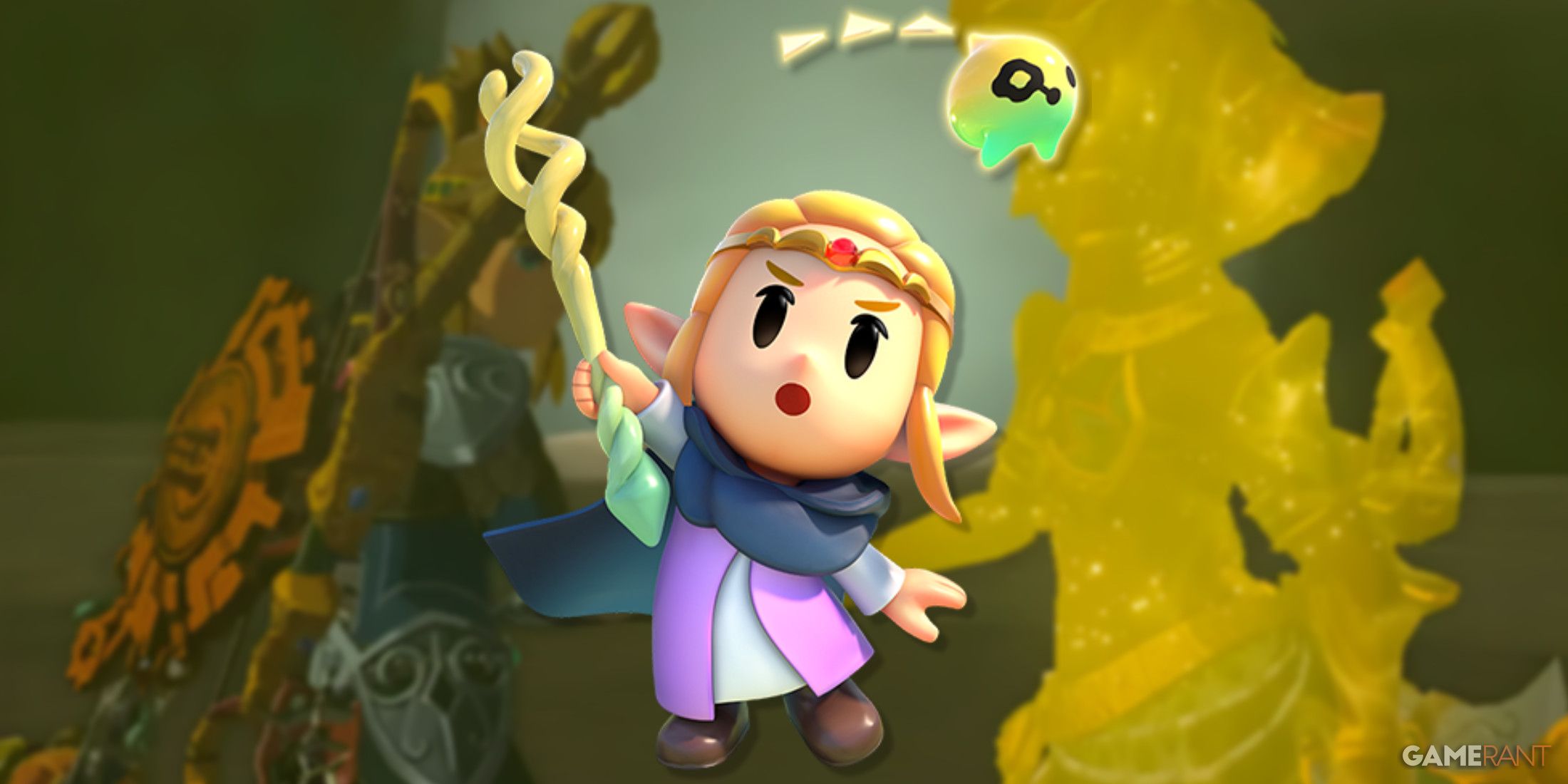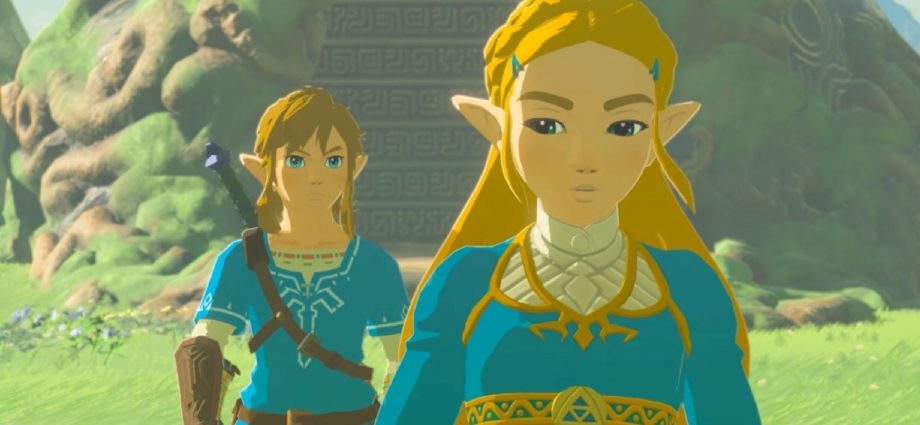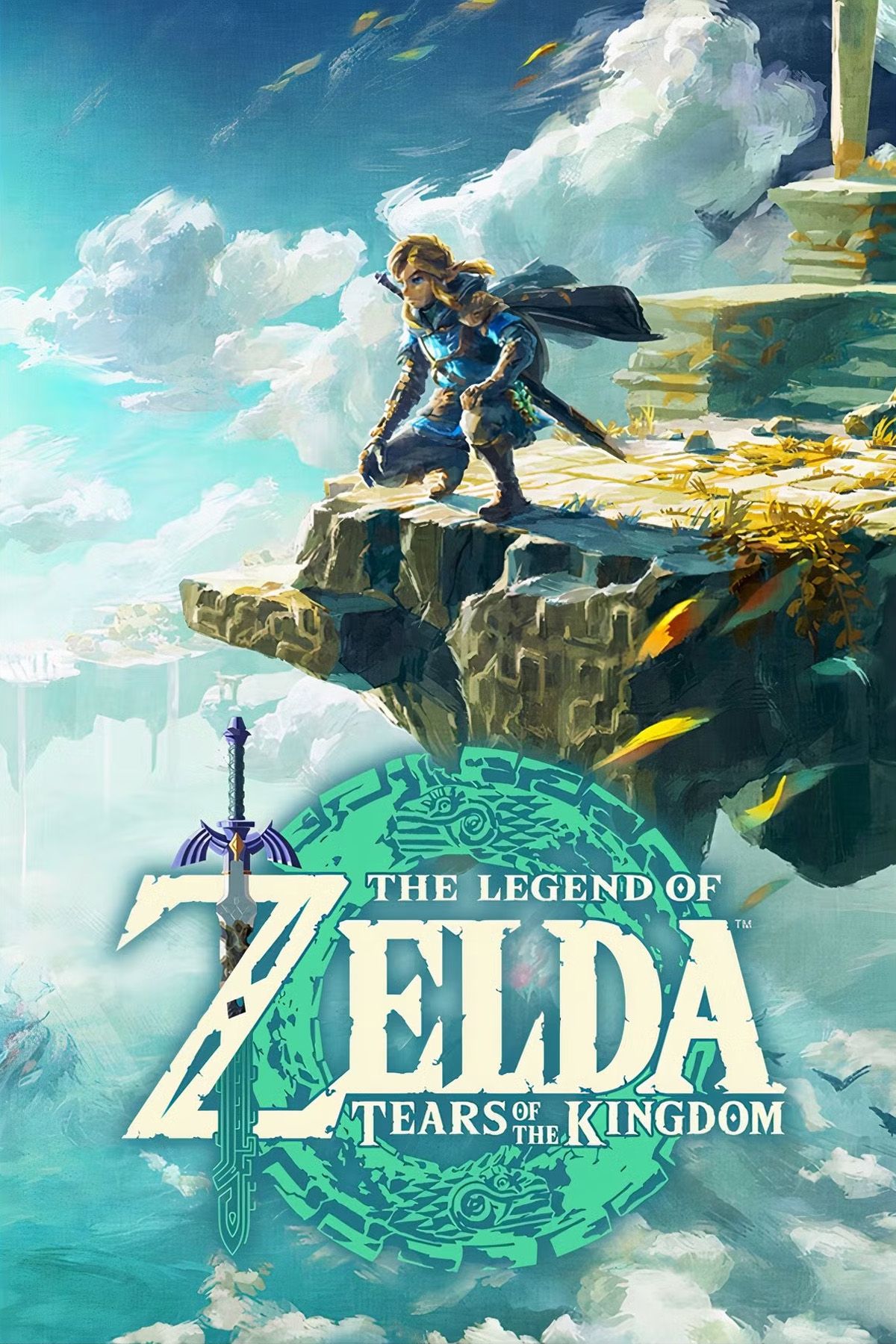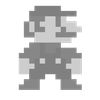This article contains spoilers for The Legend of Zelda: Tears of the Kingdom.
Princess Zelda has historically been a passive force in her own franchise. Across all The Legend of Zelda games before Echoes of Wisdom, she’s never been Link’s equal in terms of gameplay. But how she’s incorporated into the story matters. For example, Zelda in Tears of the Kingdom is completely removed from the main adventure. She is sent to the ancient past and is relegated solely to cutscenes and scattered memories. Players never solve puzzles with her, never fight beside her, and by the time her sacrifice is revealed in the final act, the emotional impact feels thin because her arc felt detached from Link.
On the other hand, Ocarina of Time makes Zelda a much more central part of the story. Disguised as Sheik, she actively helped Link from the shadows, offered clues, guided him across temples, and subtly shaped his understanding of what was at stake. Her presence was interwoven throughout the story and not just tacked onto the end. And because her development unfolded alongside Link’s, their eventual reunion had real weight. That is the version of Zelda the next Legend of Zelda game needs: not a mythologized memory, but a present, growing, and active force in the story, just like in Ocarina of Time.

Related
Zelda: Echoes of Wisdom Might Be a Good Omen for Tears of the Kingdom’s Followers
Some sort of companion system could be a staple in upcoming Zelda games, if Echoes of Wisdom and Tears of the Kingdom are any indication.
What Does Spending Time With Zelda Matter?
What makes games memorable isn’t just the puzzles or boss fights; it’s the connection between characters. The Last of Us is so iconic because of Ellie and Joel’s constant banter and evolving bond. God of War shines when Atreus reacts and grows beside Kratos. It’s the same with Zelda: the dynamic between Link and Zelda is what gives the adventure meaning. That’s why Spirit Tracks stands out. Zelda’s ghost literally follows the player throughout the game. She inhabits Phantom suits and helps the player solve puzzles. They see her character evolve as she reacts to threats and jokes with Link. That’s real co-op storytelling.
Even Skyward Sword, which had its pacing issues, kept Zelda close. From the very start, Link and Zelda’s bond was established in gameplay. So, when she’s taken, it feels urgent. And this isn’t just because she’s important to Hyrule, but because the players have gotten to know her. They have trained with her. They have flown beside her. And when Link and Zelda finally reunite, it means something. That’s exactly what’s missing from Tears of the Kingdom. The memories are beautiful, but they’re passive.
Zelda Should Be Incorporated Into the Gameplay and Not Just Reduced to Cutscenes
The story is stronger when Zelda is woven into the moment-to-moment play. Twilight Princess is another great example. Zelda may not be with Link constantly, but her decisions impact the world. Her sacrifice for Midna is present, felt, and timely. Compare that to Tears of the Kingdom’s dragon twist; it was a massive transformation, but it had no direct connection to Link’s journey until the end. It happened offscreen with no gameplay, dialogue, or choice, only a cutscene. And while the lore is cool, it doesn’t create emotion; proximity does.
What the Next Zelda Game Needs to Fix
Nintendo has proven it can build real emotional stakes when Zelda is an actual partner in the game. The next game in the Zelda franchise should give players shared missions. Let Zelda be part of the exploration,ot a ghostly tag-along or cutscene trigger, but someone who makes the adventure richer. Let her fight, speak, explore, solve, and struggle alongside Link.
The mechanics are already in place. Tears of the Kingdom introduced companions like Yunobo, Tulin, Sidon, and Riju, each with unique, gameplay-relevant powers. These same mechanics could be applied to Zelda as well. She could wield light-based magic like she did in Twilight Princess’s final boss fight to help the player purify corrupted zones, stun enemies, or reveal hidden paths. Or her wisdom could translate into puzzle-solving functions, like deciphering ancient texts, activating shrines, or even altering environmental elements like time bubbles or magic barriers.




